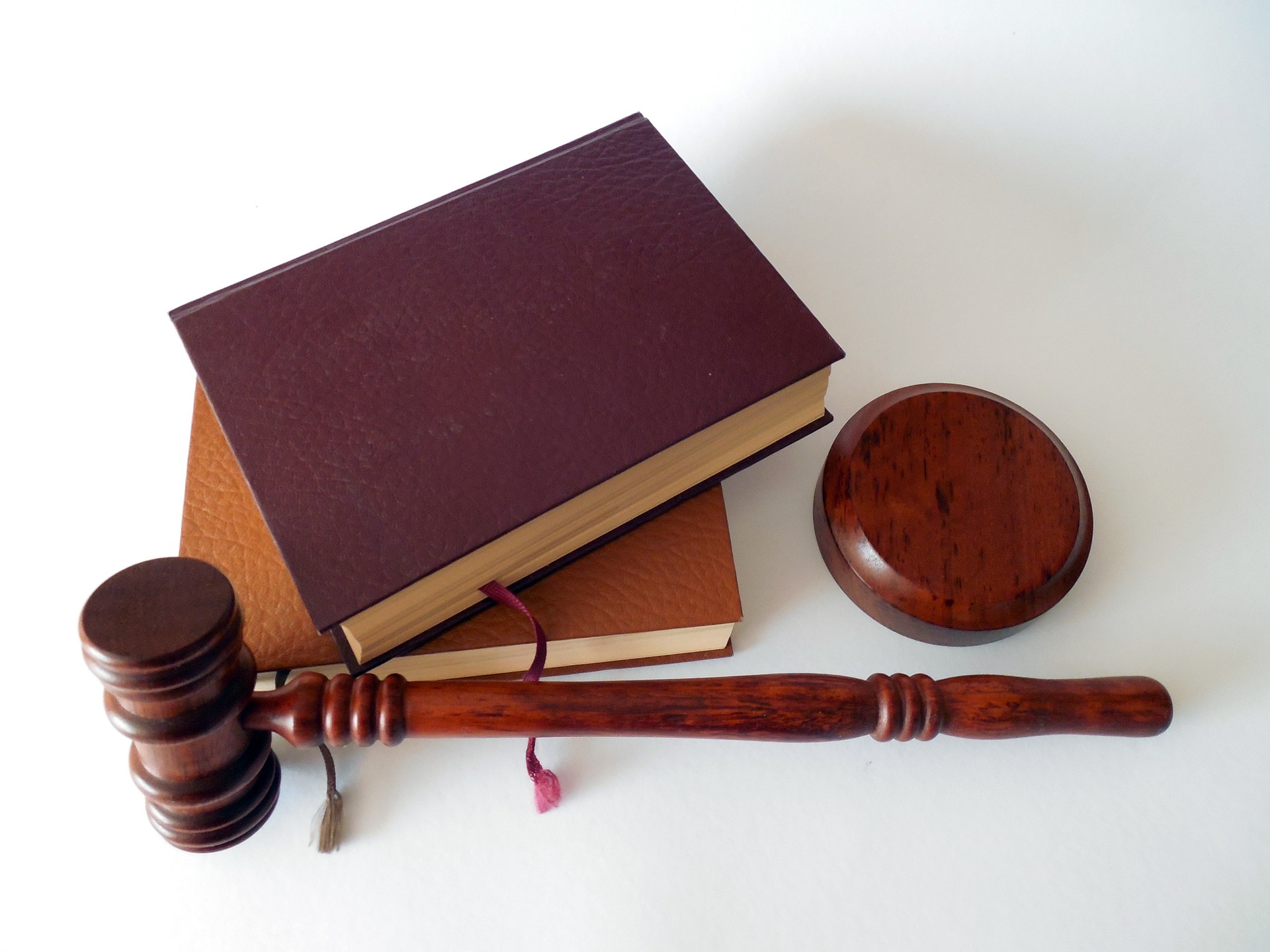Reforming the Jury System: A Modern Perspective
Introduction: Amid the quest for justice, the jury system stands as a cornerstone of democracies worldwide. However, the time has come to re-evaluate its effectiveness in the contemporary world. This article explores the historical development and current challenges of this system, and delves into recent legislative changes and their implications.
Historical Context of the Jury System
The jury system has its roots in ancient Greece, where citizens were chosen by lot to participate in the administration of justice. It evolved over centuries, and by the 12th century, England’s King Henry II established a system of 12 free men who would investigate crimes and accusations. This became the prototype for the modern jury system, adopted by many countries worldwide.
The Jury System Today: Challenges and Criticisms
In its current form, the jury system faces several challenges. Critics argue that jurors may lack the technical knowledge required to understand complex cases, particularly those involving intricate financial dealings or scientific principles. Additionally, potential biases, preconceptions, and the influence of persuasive lawyers can affect the jury’s impartiality.
Recent Legislative Changes and Reforms
In response to these challenges, several countries have initiated reforms. For instance, some jurisdictions have started to allow expert witnesses to assist juries in understanding complex evidence. Others have introduced measures to minimize potential biases, such as allowing for anonymous juries in high-profile cases.
Implications of Reforms on Society and Justice
These reforms have far-reaching implications. They are designed to enhance the jury’s functionality and ensure a fairer trial process. Allowing expert assistance can help bridge the knowledge gap, while anonymity can protect jurors from undue external influences. However, these measures also raise new questions – for instance, about the potential limits to transparency in anonymous juries.
The Future of the Jury System
As societies and legal systems evolve, the jury system must adapt to remain effective and relevant. The ongoing reforms are a step in the right direction. However, further research, innovation, and legislative refinement are needed to ensure the jury system continues to uphold the principles of justice in the modern world.
In conclusion, the jury system, a historic pillar of justice, is at a crossroads. While it faces challenges, recent reforms have opened new paths to ensure its relevance and effectiveness. As we move forward, a careful balance must be struck between preserving the system’s core values and adapting to the changing demands of justice.





